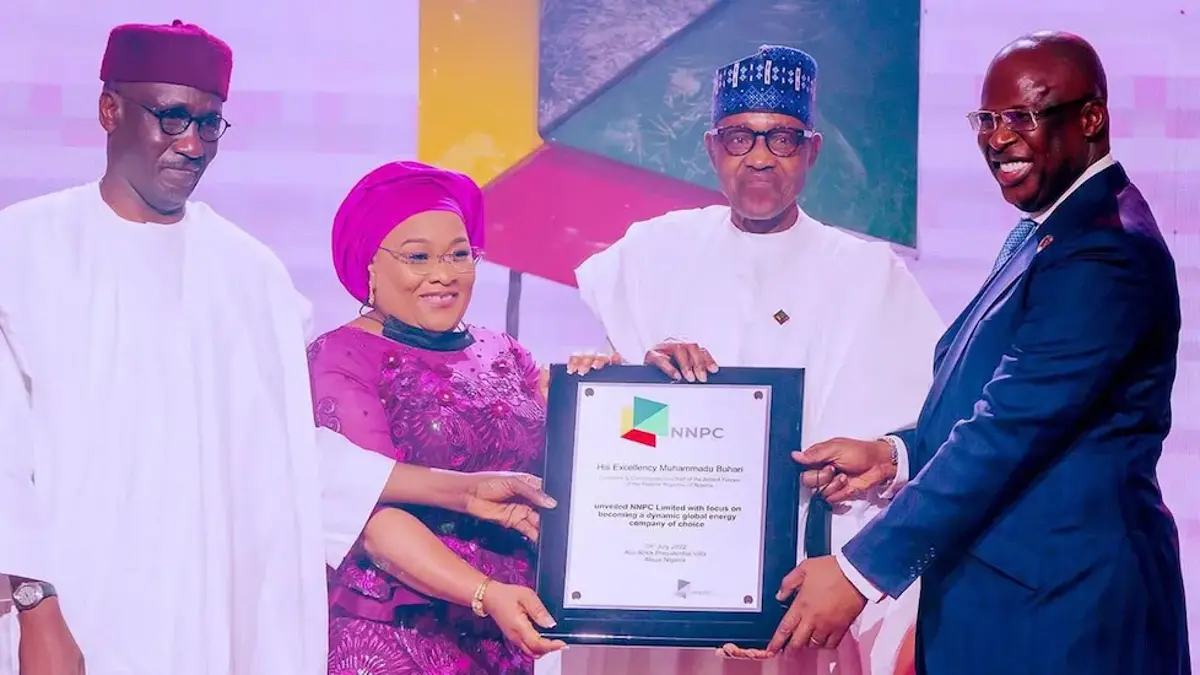Many of us who operate within the oil and gas sector watched history in the making as the Nigerian National Petroleum Corporation (NNPC) transitioned to the commercial venture, NNPC Limited, on Tuesday, 19 July 2022. However, many Nigerians had been oblivious to the actual functions of NNPC before its transition, and are less so about this new entity. The transition brings with it a whole new set of questions as to the operational functions of NNPC Limited. This article, therefore, attempts to address potential questions that the average Nigerian will have about the commercialisation of NNPC.
Privatisation vs Commercialisation
For most people, this is where things get confusing. Was NNPC privatised or commercialised? What is the difference between privatisation and commercialisation?
Privatisation is the transfer of ownership and control of a government-owned business to private individuals, while commercialisation is the efficient running of a government enterprise with the major motive of making a profit.
An understanding of the definitions above may still prove elusive to some. With some historical facts and case studies, we will try to make clear what the differences are.
Worldwide, public enterprises have been known not to live up to the required expectations. They consume a large proportion of national resources without commensurate performance and service delivery. According to the Bureau of Public Enterprises (BPE) in Nigeria, public enterprises, before the introduction of privatisation, used to consume a large portion of national resources amounting to over $3 billion annually, by way of grants, subsidies, and import duty waivers and tax exemptions.
The issue of mismanagement and under-utilisation, which led to a huge waste of resources and manpower potential, spurred the Nigerian government to pursue a privatisation programme. The reform of the public enterprise in Nigeria was a four-pronged programme of partial commercialisation, full commercialisation, partial privatisation, and full privatisation.
Full privatisation is the full expropriation of all government equity interests, while partial privatisation is when the government sells only a proportion of its equity interests. Privatisation in Nigeria began between 1986-87 when the Federal Government liquidated several agricultural commodity boards and various units of the Nigerian Livestock Production Company. The most popular case studies for partial and full privatisation are the transition of the National Electric Power Authority (NEPA) to become the Power Holding Company of Nigeria (PHCN) in 2013, and the full expropriation of the Nigerian Telecommunications Limited (NITEL). While not much progress has been seen since the privatisation of NEPA, privatisation was a good policy by the government. The problems have included faulty implementation from inaccurate data collection to selecting incompetent investors.
Full commercialisation is where the affected public enterprises are to be operated as fully commercialised enterprises. This means that they will have the power to set their prices to operate at a profit. Therefore, they will not receive any government subvention and will be able to raise necessary investible funds through the capital market. They will, however, remain 100% government-owned. Partial commercialisation is where the enterprise is expected to operate in a way that it covers, at minimum, its operating cost from its sources. With the recently revamped NNPC, it appears that we are witnessing a case of partial commercialisation because there is a limit to which it can dictate price and profit.
What NNPC’s Commercialisation Means for Nigerians
Since 1977, NNPC has overseen managing Nigeria’s crude oil, gas and petrochemical resources, joint ventures between Nigeria and oil multinationals, and engagement in petroleum exploration and production through the country’s four refineries. With more than 80% of the Nigerian government’s revenue coming from crude oil, NNPC is the golden goose for the government. They manage the oil and gas resources of the country, make money, and transmit the same to the treasury. The ‘national cake’ is then distributed accordingly across the various state governments.
Unfortunately, the NPPC has not been able to contribute as much as it should to the national purse. This reiterates the validity of governments’ pursuit of privatisation, earlier made in this article, due to mismanagement and under-utilisation.
The Petroleum Industry Act (PIA) has been the vehicle towards this reform of NNPC. With the advent of the PIA and the commercialisation of NNPC, the federal government would be entitled strictly to returns on its shares, only. The government will no longer have control over the staffing of NNPC, and the country can no longer afford to depend primarily on NNPC for federation account returns, and will be forced to diversify.
As a result of this commercialisation, Nigerians should expect that there would be more job opportunities for the teeming qualified yet unemployed youths, less political interference and wasteful spending and productive and operational efficiency upon renovations of abandoned refineries.
While, there is much left to be said about the commercialisation of the NNPC and the potential benefits it may bring the nation, at this point, it may be a watch, wait, and hope situation, in anticipation that the corruption that had plagued the old NNPC will, in this new dimension, be a thing of the past.


